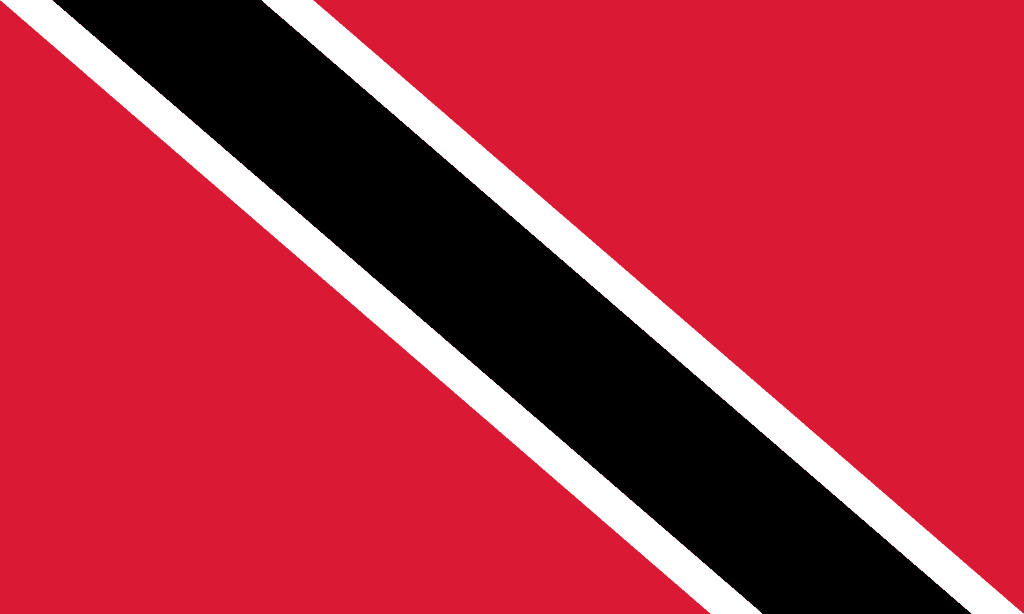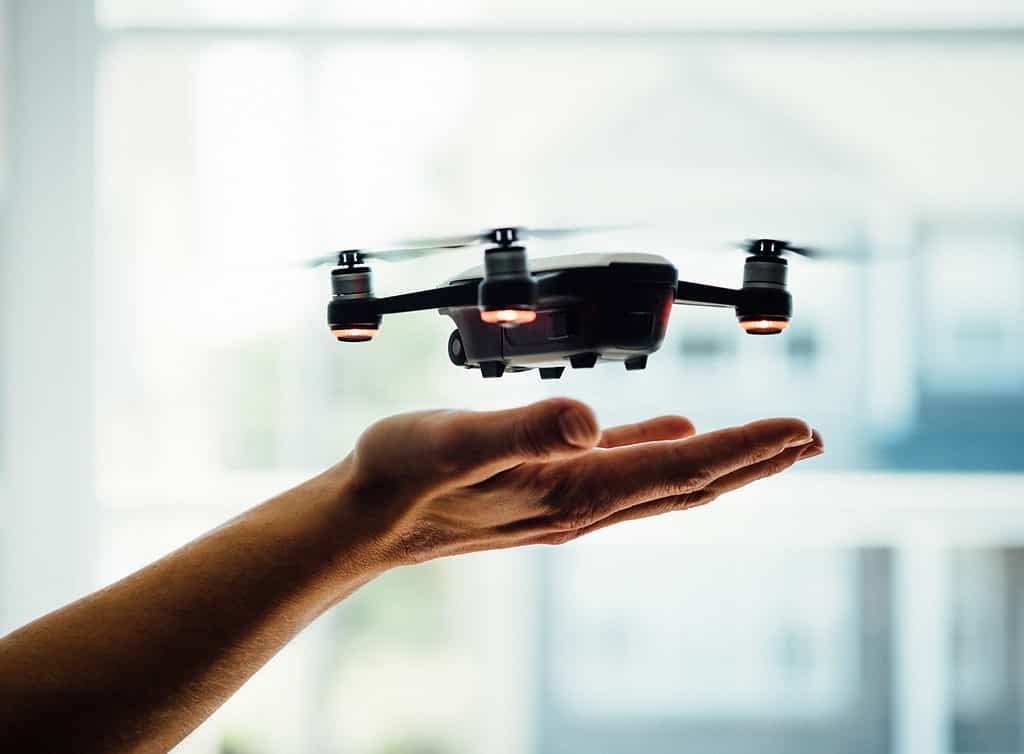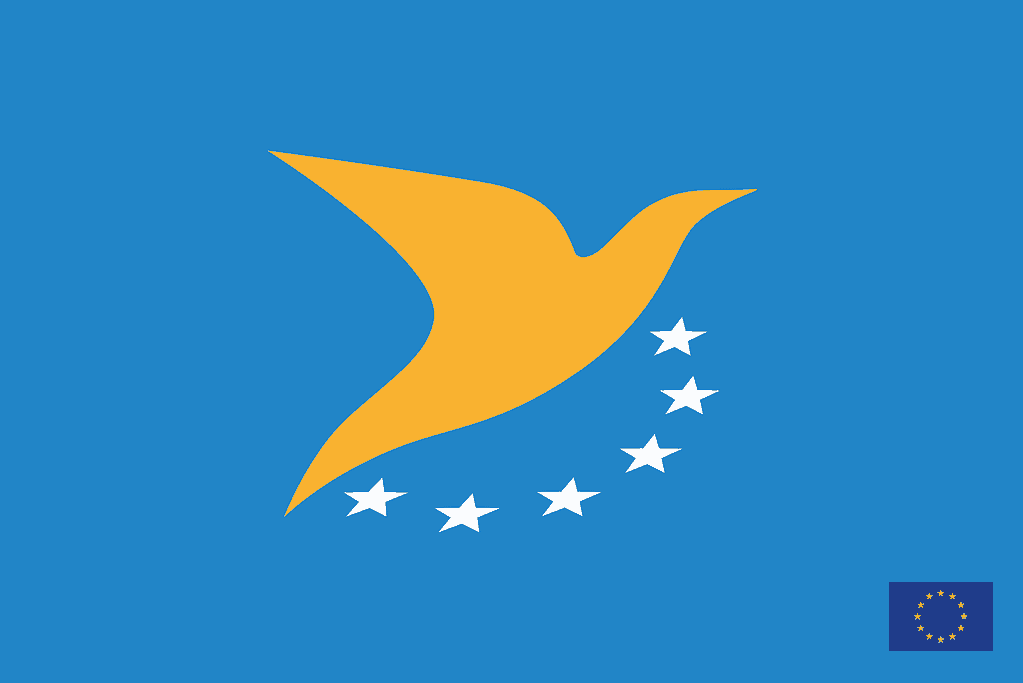Summary of Drone Laws in Trinidad and Tobago
Hobbyist Drone Laws For Residents of Trinidad and Tobago
Drone Operations in Trinidad and Tobago are currently regulated.
- Hobbyist drone flights are allowed in Trinidad and Tobago
- Hobbyist Trinidad and Tobago drone pilot license is not required
- Hobbyist Drone registration is required in Trinidad and Tobago for hobbyists
- Drone Remote ID is not required in Trinidad and Tobago for hobbyists
- Drone Insurance is not required but recommended for hobbyists’ drone operations in Trinidad and Tobago
Read below for more details on Hobbyist Drone Laws in Trinidad and Tobago and to find links to regulators and other credible sources!
Commercial Drone Laws For Residents of Trinidad and Tobago
Drone Operations in Trinidad and Tobago are currently regulated.
- Commercial drone flights are allowed in Trinidad and Tobago
- Commercial Trinidad and Tobago drone pilot license is required
- Commercial Drone registration is required in Trinidad and Tobago for commercial drone operators
- Drone Remote ID is not required in Trinidad and Tobago for Commercial Drone Operators
- Drone Insurance is required for commercial drone operations in Trinidad and Tobago
Read below for more details on Commercial Drone Laws in Trinidad and Tobago and to find links to regulators and other credible sources!
Drone Regulations For Visitors To Trinidad and Tobago
Drone Operations in Trinidad and Tobago are currently regulated.
- Foreign visitor drone flights are allowed in Trinidad and Tobago (except for commercial use)
- Foreign visitor drone pilot license is required
- Drone registration is required in Trinidad and Tobago for visitors/tourists
- Drone Remote ID is not required in Trinidad and Tobago for tourists
- Drone Insurance is not required but recommended for tourist drone operations in Trinidad and Tobago
Read below for more details on Drone Laws in Trinidad and Tobago for Visitors (Tourists) and to find links to regulators and other credible sources!
Drone Rules For Government Drone Operators in Trinidad and Tobago
Drone Operations in Trinidad and Tobago are currently regulated.
- Government drone flights are allowed in Trinidad and Tobago
- Government drone pilot license is required
- Drone registration is required in Trinidad and Tobago for Government operations
- Drone Remote ID is not required in Trinidad and Tobago for Government operations
- Drone Insurance is not required for Government drone operations in Trinidad and Tobago
Read below for more details on Drone Laws in Trinidad and Tobago for Government Drone Operations and to find links to regulators and other credible sources!
Agencies Responsible for regulating drones in the Republic of Trinidad and Tobago
Drone Regulator in Trinidad and Tobago: Trinidad and Tobago’s Civil Aviation Authority (TTCAA)
Link to Trinidad and Tobago Drone Laws:T&T Drone Laws (2016)
Trinidad and Tobago No Fly Zones Map: No Fly Zones Map for Trinidad and Tobago
UAS Laws – General rules for flying drones in Trinidad and Tobago
The Trinidad and Tobago agency responsible for drone safety, TTCAA, has provided several details on flying for fun or work. The highlights are enumerated below. For more details, go to the link above.
Are drones allowed in Trinidad and Tobago?
Here are the most important rules to know for flying a drone in Trinidad and Tobago:
In Trinidad and Tobago, drones are divided into five categories:
- Category 1 UA: maximum take-off weight up to 750 grams.
- Category 2 UA: take-off weight of more than 750 grams, and less than 20 kilograms, and a maximum speed of 40 m / s.
- Category 3 UA: take-off weight of more than 750 grams, and less than 20 kilograms, and a speed of more than 40 m / s.
- Category 4 UA: From a weight of 20 kilograms and less than 100 kilograms.
- Category 5 UA: All other unmanned aerial vehicles that do not fall into the four categories above.
Regardless of their weight or purpose, all drones must be registered with the Civil Aviation Authority (TTCAA). The only exception is if you are recreationally flying a category 1 UA multi-copter.
- The CAA requires that all drones weighing 750 grams (1.6 pounds) or more be registered.
- All drone operations require a license, and the type of license needed varies according to the drone’s weight and whether the operation is recreational or commercial.
- Except for drones weighing less than 750 grams, drones may not be flown more than 120 meters (400 feet) above the ground (1.6 pounds). In addition, drones weighing less than 750 grams (1.6 pounds) cannot fly higher than 30 meters (100 feet).
- While flying, drone pilots must maintain a direct visual line of sight with their drones.
- Drones used for commercial purposes must be insured against liability.
- Without their permission, drones may not be flown over people.
- Drones are not permitted to be flown in No-Fly Zones.
- The maximum altitude for Category 1 drones is 30 meters (100 feet). The copter may climb to a maximum height of 120 feet in all other categories (400 feet).
Registration requirements for drone flying in Trinidad and Tobago?
For registrations or inquiries, please get in touch with the TTCAA at email: drones@caa.gov.tt.
Regardless of their weight or purpose, all drones must be registered with the Civil Aviation Authority (TTCAA). The only exception is if you are recreationally flying a category 1 UA multi-copter.
Otherwise, complete the registration forms and submit them with a processing fee. You will then receive a Certificate of Registration, which you should always carry while flying your drone.
The current law recognizes foreign registrations.
Along with registration, you must apply for an operator’s license, which must fall under one of the above categories.
Private users are exempt from this requirement only if they fly in a registered drone club, under the supervision of a qualified pilot, or on privately owned land with the owner’s permission.
Can Visitors Fly a Drone in Trinidad and Tobago?
Yes. All foreign operators are required to meet with the TTCAA before any recreational or commercial operations in T&T. The registration process consists of attending a virtual webinar and completing a fillable form. For more information, contact them at drones@caa.gov.tt
Notes for recreational drone pilots flying for fun in Trinidad and Tobago
Follow the general rules listed above, but check for updates by visiting the regulator’s links provided.
Notes for operating Commercial Drone Services in Trinidad and Tobago
Commercial operators are required to hold an Unmanned Aircraft Operator Certificate to conduct business. This certificate may be issued beginning at the age of 18.
The Unmanned Aircraft Operator Certificate is only available to residents of Trinidad and Tobago.
Only commercial drone pilots must have liability insurance for drones in Trinidad and Tobago.
UAS Approval – Before conducting any operation that violates the Civil Aviation [(No. 19) Unmanned Aircraft Systems] Regulations or activities that are deemed ‘commercial operations’, the UAS operator is required to seek approval from the TTCAA and all other necessary Governmental and non-Government stakeholders. For example, operating in No Fly Zones (NFZ), operating over persons, public property, etc. This Request for Approval shall be accompanied by a letter consisting of the details of the operations – coordinates/location, time, duration, altitude, etc. As well as a Letter of Indemnity and Proof of Insurance. For more information, contact them at drones@caa.gov.tt.
See the general rules above.
Useful published information on flying drones in Trinidad and Tobago
Here is a sample of what you might expect if you follow the drone laws and fly in Trinidad and Tobago…
Authoritative Sources of Information on Trinidad and Tobago Drone Laws
We will attempt to keep an updated list of online authoritative links to regulators and other official websites here:
- Drone Regulator Website: Trinidad and Tobago’s Civil Aviation Authority (TTCAA)
- Link To SUAS Laws: T&T Drone Laws (2016)
- No Fly Zone Maps/Locations: No Fly Zones Map for Trinidad and Tobago
- UAV Registration Site: N/A
- Drone Operator Licensing Site: N/A
- Others: N/A
NOTE: This page is about the Regulation of Unmanned Aerial Vehicles: Small Unmanned Aerial Systems (SUAS), Small UAS, Remote Piloted Aerial Systems (RPAS), unmanned aerial vehicle (UAV), Unmanned Aerial System (UAS), and drone are interchangeable terms unless specified. Model Aircraft, toy, remote-controlled, and RC aircraft may be covered by the same regulations unless specified.
Find out why
We think you must use a Drone Preflight Checklist
And a Drone Post-flight checklist
Free Drone Flight Checklist PDF
This Drone Flight Checklist is better than others.
It’s free!
It includes both the preflight checklist and post-flight checklist
It’s an easy-to-use printable PDF that covers all your bases.
Traveling with a Drone?
Click here to read our Comprehensive Guide For Traveling With A Drone.
NOW IT’S YOUR TURN




Leave a Comment